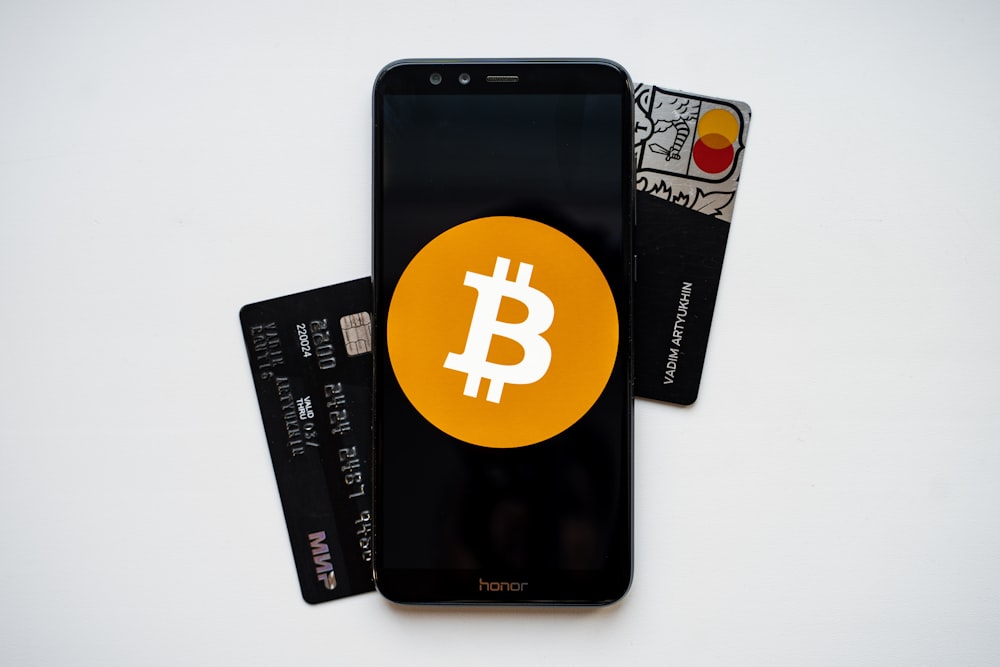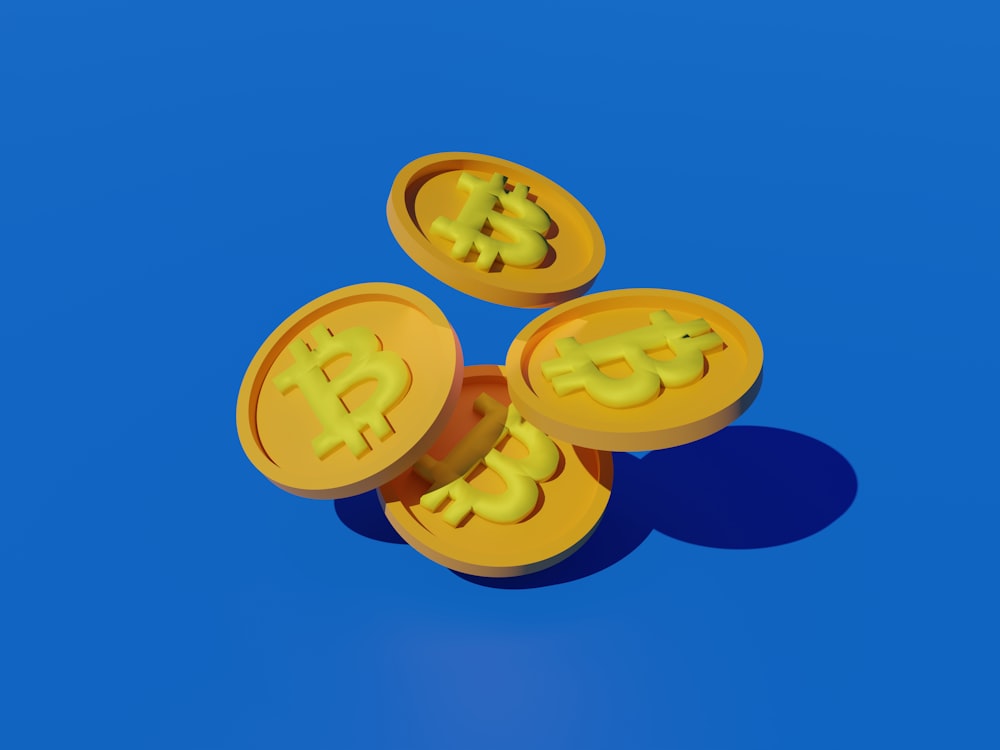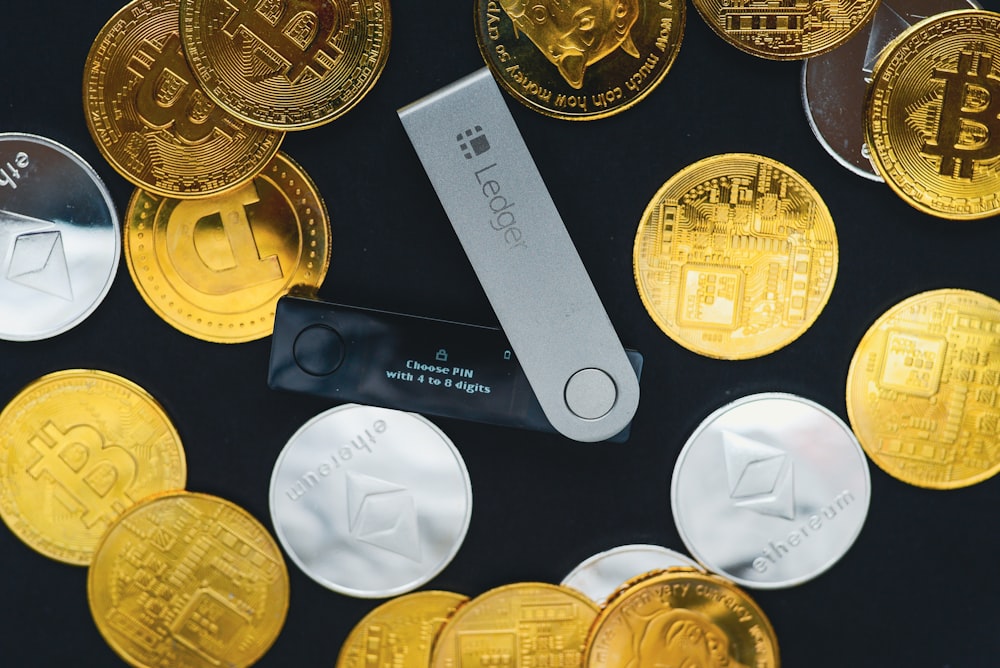TDLR
Crypto investments can be a risky business. This industry has numerous scams, like fake ICOs, phishing scams, rug pull, and Ponzi schemes. So, before you jump on the bandwagon, do your homework and read the white paper to understand their vision.
Keeping your private information and wallet keys safe and limiting online communication with strangers is another effective way. On top of that, never click on any shady promotions or giveaways.
This article gives you everything you need to know to be equipped on your DeFi journey.
Introduction
There is no doubt about how the DeFi crypto space has revolutionized the traditional finance system. It has offered new ways for users to make money and helped create a big community-driven mainly to achieve financial autonomy.
But with innovations comes vulnerability. One of the biggest downsides of this eco-system is undeniably the tons of scams that drained millions of dollars in crypto assets, using BTC fraud, wallet hacks, and other phishing scams.
Like the money in your bank account, scammers want the assets in your crypto wallet. Talking specifically about Defi scams, the attack on the Poly network was a big highlight of 2021 that ended with more than a 600 million dollar loss due to poor smart contracts and weak wallet security.
Until crypto investments are safe, this guide will help you detect common crypto scams and protect your digital wallet or crypto project from crypto scammers.

8 Most Common Cryptocurrency Scams You Should Watch Out
Crypto scams DeFi come in different forms, and they will do anything to get to your digital assets.
- Scammers eye your digital wallet and try to get their hands on money using security keys, personal information, and seed phrases.
- Scammers try to convince users to transfer crypto assets directly to their wallet addresses by impersonating or luring them into a fake investment scheme.
Here are some of the common cryptocurrency scams you might come across:
1. Fake ICOs and NFT Projects
The crypto-based investments such as non-fungible tokens (NFTs) and initial coin offerings (ICO) have opened up new ways to exploit users.
It is important to know that even though such investment opportunities might sound lucrative, they don’t always reflect reality. In such cases, scammers mostly ask you to deposit money in a faulty wallet, resulting in lost assets.

2. Phishing Scam
DeFi Phishing scams can be traced back to the birth of the internet, and the bad actors have mastered it so much that many people still become their victims. As per the FBI data, as many as 350,000 people fell into the trap, losing nearly $45 million worth of crypto.
The scammers mainly use email and phone to get your personal information, especially your digital wallets’ private keys and seed phrases. They send emails with website links, asking users to enter sensitive information. When they access your key, your asset’s safety gets compromised.

3. Rug Pull
A rug pull scam mostly happens when the people behind a fake rug pull project raise capital through celebrity endorsements or other marketing techniques.
When they have achieved their target, the foul actors suddenly remove the liquidity and vanish with the stolen assets. This way, the investors lose their money in what is known as a rug pull or exit scam.

4. Ponzi Schemes
Ponzi schemes use a psychological trick to lure in crypto and deFi investors. They first build trust by paying the old investors with the newly collected money. It gives them an edge to convince others and promise great profits in BTC.
These scams work in a cycle as there are no real investments or projects – it’s about snatching your money.

5. Cloud Mining Scam
In cloud mining, the scammers ask you to participate in a mining pool and retain hashing powers. This process allows you to mine different cryptocurrencies, mainly BTC, without expensive hardware. In return, they promise the equal distribution of profits, depending on the hash power one has.
These deFi platforms don’t own hashing rights as they claim and don’t deliver the profits following the investment. Even though some legit companies offer this service, it is hard to single out the scammers.

6. Giveaway Scams And Celebrity Endorsements
You might have seen a lot of advertisements about free airdrops. Well, you must remember that there is nothing free in this world. Many scammers approach you through social media platforms and emails, disguising themselves as influencers or celebs. They promise to multiply the crypto sent to them to capture the attention.
Interestingly, these bad actors do their best to pose as legitimate businesses, Twitter handles, or support members by crafting well-written promotions. They use psychological tricks like the mythical “once-in-a-lifetime opportunity” to lure victims of their honeypot scam.

7. Romance Scams
These romance scams account for as many as 20% of crypto frauds, as per the Federal Trade Commission (FTC). Scammers use different dating websites and pretend to be in a long-term relationship with the individual.
When the trust is achieved, the conversations turn to lucrative opportunities in crypto. After that, they move further and initiate the transfer of assets or account authentication credentials.

8. Blackmail And Social Scams
Blackmail is another type of social scam fraudsters use to email their potential victims. In these emails, the scammers claim access to their browsing history with a record of adult websites or other pages the user visited.
They threaten to expose it to their family, friends, and co-workers unless they agree to share their wallet credentials or sensitive information. If you ever come across such spam emails, make sure to report them to the FBI.

Trusted Partners
Red Flags in Crypto DeFi System
A Weak Whitepaper
There is a development process for cryptocurrency. Before all the technical work starts, a document is normally published for the public called a “white paper.” It is used to introduce investors to the protocol and blockchain.
Besides that, it thoroughly talks about the functions and working on the entire network. But the fraudster doesn’t put this much effort into their paperwork. So, they put out a weak and poorly-written paper with numbers that don’t match up. Fake whitepapers lack vision and fail to tell you how your money would be invested.

No Transparency
It is important to understand that, unlike traditional business, cryptocurrency projects are not primarily a moneymaking business for the development team behind them.
These tokens and coins are created for a purpose as they assist the functions of a network, protocol, or a deFi project. So, you won’t see legitimate projects selling their coins as an opportunity you should not miss.
Before investing your assets into any DeFi protocol or project, checking it for transparency, goals, and the vision they aim to achieve is important.

Fake Websites, Exchanges, And Digital Wallets
Fake websites are another red flag when determining a scam crypto project. Aiming to gain access to your account details, fraudsters lure you into clicking on a fake website or malicious link that could potentially risk your assets in a DeFi scam.
They can pretend to be from government agencies, banks, and other organizations. Scammers may contact you directly or post the links on social media. It can be an e-mail from your bank sharing a link to update sensitive information. Once they have your keys, they control your crypto.
Excessive Marketing Through Social Media Influencers
Whenever you search about any DeFi protocol, the first result might not be the step in the right direction as most of these are advertisements.
No valid crypto project will do excessive marketing and use social media influencers for land users. Researching and checking out reliable sources like official social media handles is better.
Another scenario of cryptocurrency fraud is excessive promotion through influencers, who brag about the opportunity a protocol offers and convince their followers to invest in worthless coins. It can be done through Twitter, TikTok, Facebook, and Instagram.
Free Giveaways
Remember that nothing in this world is free, so if some influencers, investment managers of a crypto project, or any so-called “celebrity” is offering your coins or NFTs for free – stay away. Legitimate protocols don’t need such tricks to earn users’ trust.
Most of these scams are labeled as “Airdrops.” Surprisingly, scammers have now upped their game. Recently, a massive scam on the Binance smart chain came to the limelight, where users received airdrops worth thousands of dollars. But they were worthless coins and had no utility.

Team Members With A Bad Industry Reputation
If you see a crypto founder with a lousy reputation promoting their project, it is probably fishy. That’s why doing homework and looking up the investors is important. Check out their portfolio.
Numerous cases of scam cryptocurrency and blockchain-based platforms use DeFi protocols. Squid Game Token, named after the popular TV show, is a cryptocurrency scam where the founders dumped their tokens and ran off millions of new investors’ BNB (Binance coin).
Good media or social media coverage doesn’t necessarily mean the project is safe. Some A-list Hollywood celebs like DJ Khalid face numerous lawsuits for endorsing the honeypot scams.

How To Determine A Legitimate DeFi Project?
- Do Your Research On The Team Behind The Defi Project.
- Always dig deep and do your due diligence before investing in a new project. Whether it is a cryptocurrency exchange, wallet, or DeFi project, try to understand its vision and the people behind it.
- Thoroughly Read The White Paper And Project Goals.
- The white paper is a professional and effective way for crypto startups to implement their vision. If a project has an inclusive vision, it will show in its whitepaper.
- Verify The Smart Contract addresses.
- Do your research and verify the smart contracts. Not only verify the trading platforms but also look into the other details like smart contract addresses.
- Follow Community Feedback And Review Audit Reports.
- Community feedback is another important aspect to cover before riding any crypto bandwagon. If genuine community-based platforms exist, talking to people and reviewing the available audit reports is better.
- Check Websites and Social Handles.
- A valid project will have official social handles and extremely professional websites with all the important information for users. Prevent any communication with fake accounts through phishing emails and texts.

Five Effective Steps To Avoid A Crypto DeFi Scam
Here are a few steps to prevent falling into a scam.
Step 1: Protect Your Digital Wallet key And Seed Phrase
Moving towards a two-factor authentication is a wise step to avoid falling victim to phishing scams. Also, keep your sensitive information, like keys and phrases, safe.
Step 2: Adopt Hardware Wallets For Full Control On Digital Assets
Hardware wallets offer a lot of protection from common cryptocurrency scams, too. They offer full autonomy over your assets. Unlike third-party wallets of decentralized exchanges, these are quite secure from deFi scams. It also makes it easier to send crypto at low transaction fees.
Step 3: Keep An Eye On The Latest News Related To Defi Space
It is always good to stay in touch with the latest finance and crypto news. It helps make an informed decision and stay in the loop about popular cryptocurrency scams and how to avoid them.
Step 4: Beware Of The Fake Emails, Texts, and Phone Calls
Scammers pretend to be big corporations, financial institutions, or actors. So, if you receive an email from a notable entity about frozen assets, ignore it for your safety.
Step 5: Don’t Accept Anything Free
If anyone keeps bugging me with emails about airdrops of giveaways, don’t respond.

How To Get Your Stolen Crypto Back?
Well, that’s the tricky part. Getting your money or assets back can be hard if you fall victim to any scam. According to the popular insurance company Leinweber, “As transactions on a blockchain are immutable, the likelihood of getting your coins back is pretty low.”
Still, they recommend reporting a scam to the government authorities as they might track the scammers. Noticing the red flags and taking caution is the best option to avoid any such situation.

Summary
If the Defi industry seeks mainstream adoption, it must focus on curbing these scams. That said, it seems long before these issues are fixed and decentralized finance is made safe.
Hence, the best way is to look out for all these 8 scams and identify the red flags. Stay informed with the latest developments and opt for safe ways to keep your assets safe.
1. Do Your Research On The Team Behind The Defi Project
2. Thoroughly Read The White Paper And Project Goals
3. Verify The Smart Contract addresses
4. Follow Community Feedback And Review Audit Reports
5. Check Websites and Social Handles
Step 1: Protect Your Digital Wallet key And Seed Phrase
Step 2: Adopt Hardware Wallets For Full Control On Digital Assets
Step 3: Keep An Eye On The Lastest News Related To Defi Space
Step 4: Beware Of The Fake Emails, Texts, and Phone Calls
Step 5: Don't Accept Anything Free
Activate multi-factor authentication for all wallets and accounts. This is particularly crucial for wallet applications, as having two or more levels of access to your funds should theoretically make it twice as difficult for ill-intentioned individuals to transfer funds out. Refrain from keeping substantial sums of money on a single centralized exchange.
In the event that you fall prey to a crypto scam, participating in a class action lawsuit may aid in reclaiming some or all of your lost assets. A class action lawsuit unites numerous victims who have experienced comparable crypto losses, making it simpler to hold the wrongdoers responsible and pursue justice.
Cybercriminals can take advantage of these weaknesses to gain unauthorized entry to DeFi users' assets. What causes DeFi hacks? Examining different DeFi hacks can reveal potential methods through which hackers breach DeFi protocols.
Exercise caution against phishing – avoid clicking on dubious links and refrain from sharing sensitive information such as your wallet's private keys, seed phrase, or other confidential data. Observe the project developers' rapport with the community and their token allocation strategies to prevent rug pulls. Utilize a reputable and secure DeFi wallet, and ensure its safety.













